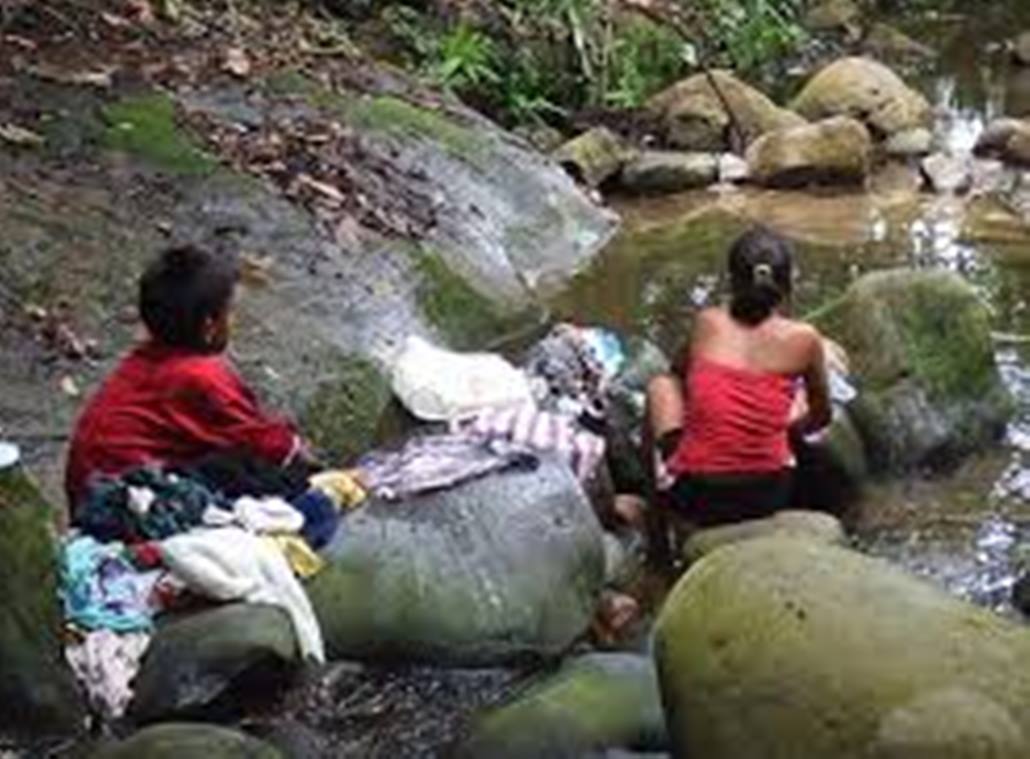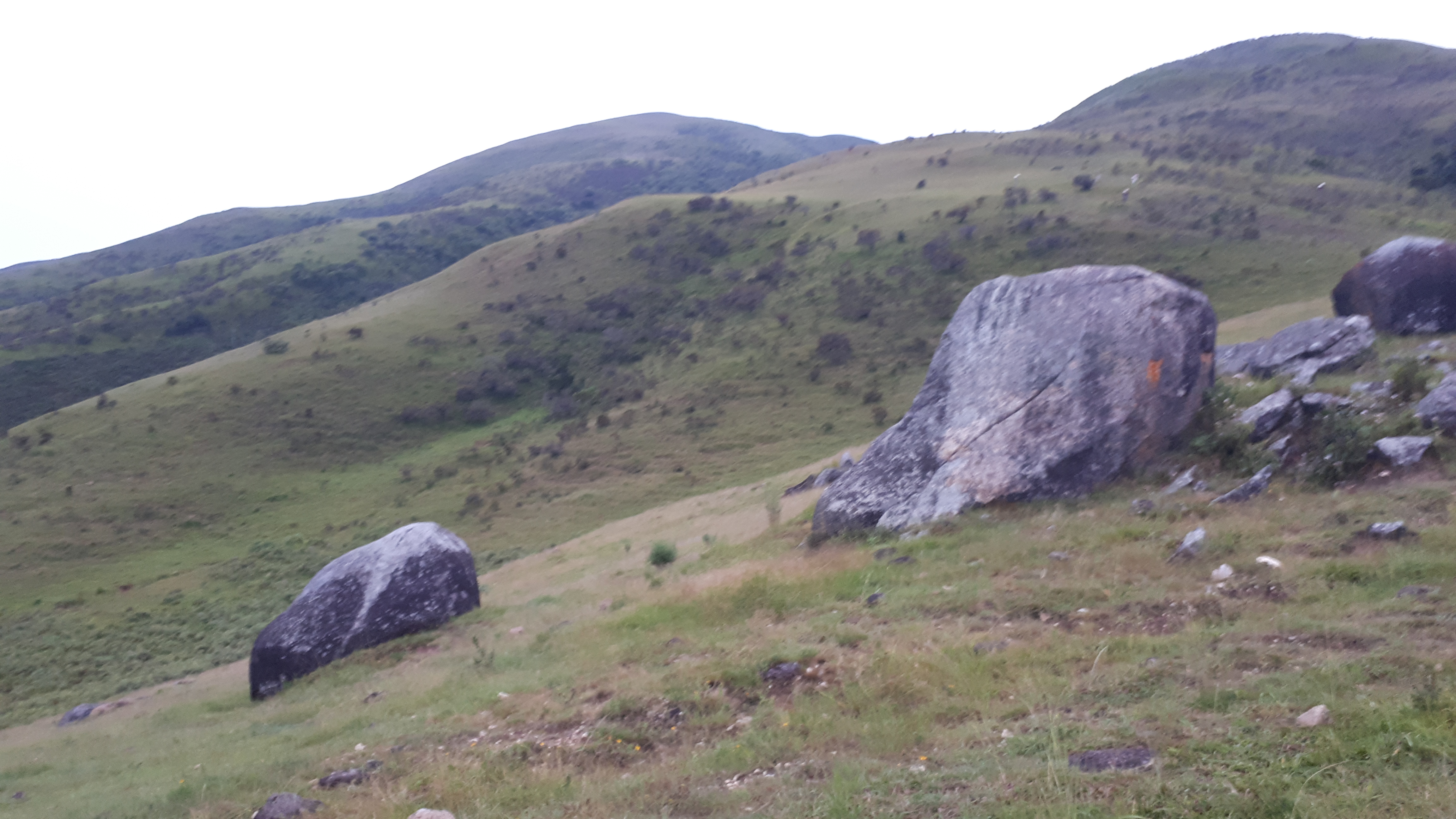
It wasn’t only miles away but it took also energy to have these clothes lightened/washed. My mind goes frequently back to my village as the latter constitutes a formal benchmark for my experience. In front of several events, it doesn’t take efforts to revive my memories of what have been happening in my village when I was young in that location paved in my heart. This time, the blogger tries to share his experience regarding the way we used to washing few clothes that we had. As the techniques used to wash clothes was likely so adapted to the milieu, my experience tends to convince that these techniques weren’t appropriate and might have unlikely brought the result wanted. Instead of being unsuccessful, there might be a possibility that these techniques led our few clothes to the extent of making them worn out.
The purpose of the article is to connect washing techniques as “bleaching clothes” with the Realpolitik or Bleaching Politics in DRC’s socio-political arena. It tries to find out if politicians’ motives of leaving earlier their camps express a fear of missing the boat ahead of political turmoil related to electoral period. It again tries to see if these actions fall within the Realpolitik or a strategy of getting washed for positioning in a future? It remains skeptical on the final result of the Bleaching Politics with regards to their future prospects as well as changes in consideration. The question won’t be clearly answered in this article as the blogger tries to unravel the debate in order to draw a common understanding on the consequences of any political choices.

The process of washing clothes went on by ‘hitting’ them against a large stone in a river using soap of course. It’s been taking as much time as needed to have them lighter or depending on the type of clothes (take an example of blanket). The physical force mixed with the stone down served as a washing machine for those familiar with such kind of facilities. It works in terms of rubbing and pressing clothes against the small rock; while finding water couldn’t be an issue. Currently, I’ve trying to guess what the final result was during the washing process in village settings.
Either, it was possible that people were risk averse and wouldn’t have made a lot of collision between clothes and the stone. Keep it simple that some dresses weren’t fitting with such kind of cleaning, especially those belonged to women. Secondly, it involves a lot of physical movements from the chest as the work led to tiredness. This is not a type of work in which you can use a remote device to commend when it would end. Another scenario was that people who are risk takers might have hit clothes at their own. These two scenarios have merely two different consequences similar to what the blogger calls Bleaching Politics.
On one hand, for those with a risk aversion attitude, it was easier to have finally these clothes less shining as intended. Thus, the aversion attitude would possibly have affected the quality and lengthy of the clothes for being partly washed. On the other hand, risk takers might have damaged their clothes as earlier as the hitting force went severally used. These two scenarios can paint the socio-political context in my country. Since its independence, a half century ago, politicians never mind to change camps as if politics is dressing. That’s, politicians do spontaneously quit their political parties, split and simply join or form others. It brings a question of how loyal is politics in front of storm? Some of political leaders consider political organizations as private property that have to meet international property rights schemes, “never touch to my party until I hand it to my son”.

Without considering political ideology, we regularly come across dissidence within political parties due to multiple misunderstandings or mismanagement quarrels. Rather than being infighting divergences, it apparently becomes a conflict between individuals to the level we have hard to believe in their good faith to find out ordinary people’s problems. While Realpolitik refers being pragmatic in terms of undertaking political concerns, the Politics in DRC is businesses as usual to the extent it confuses its exercising to that Realpolitik. Then flow limitless questions of whom to believe so long as the country is largely divided and we often cling to regionalism and ethnic belonging.
Can we expect that leaving earlier a political umbrella or his/her political party because a colleague isn’t willing to cooperate would simply dilute someone’s responsibility into what has happened? Possibly yes as ordinary citizen’s minds are well laid-out to let it go. Either louder or shy into someone’s decisions, I still feel that the better is to take responsibility into his/her actions. The blogger advises to politicians that the ultimate purpose of their decisions has to fit into people’s challenges than working for their own interests.
I can’t leave this story without reminding the reader that the washing process in my village has remained the same for centuries. Someone familiar would challenge me by pointing out that from Jamaica, Nepal to South-Soudan we use the same techniques. Right. But it is out of our choices all but we would wish at least to access water to a shorter distance why not having a washing machine. Do we have to wait until dissidence ends within political parties or ending electoral process in which we would choose a nice one through a random possibility? Do you think that we need electricity to think importing a washing machine in my village as this might happen in Cambodia, India…?
NTANYOMA R. Delphin
Secrétaire Exécutif & Coordonnateur
Appui au Développement Intégré &
à la Gouvernance
Twitter : https://twitter.com/Delphino12


Leave a Reply